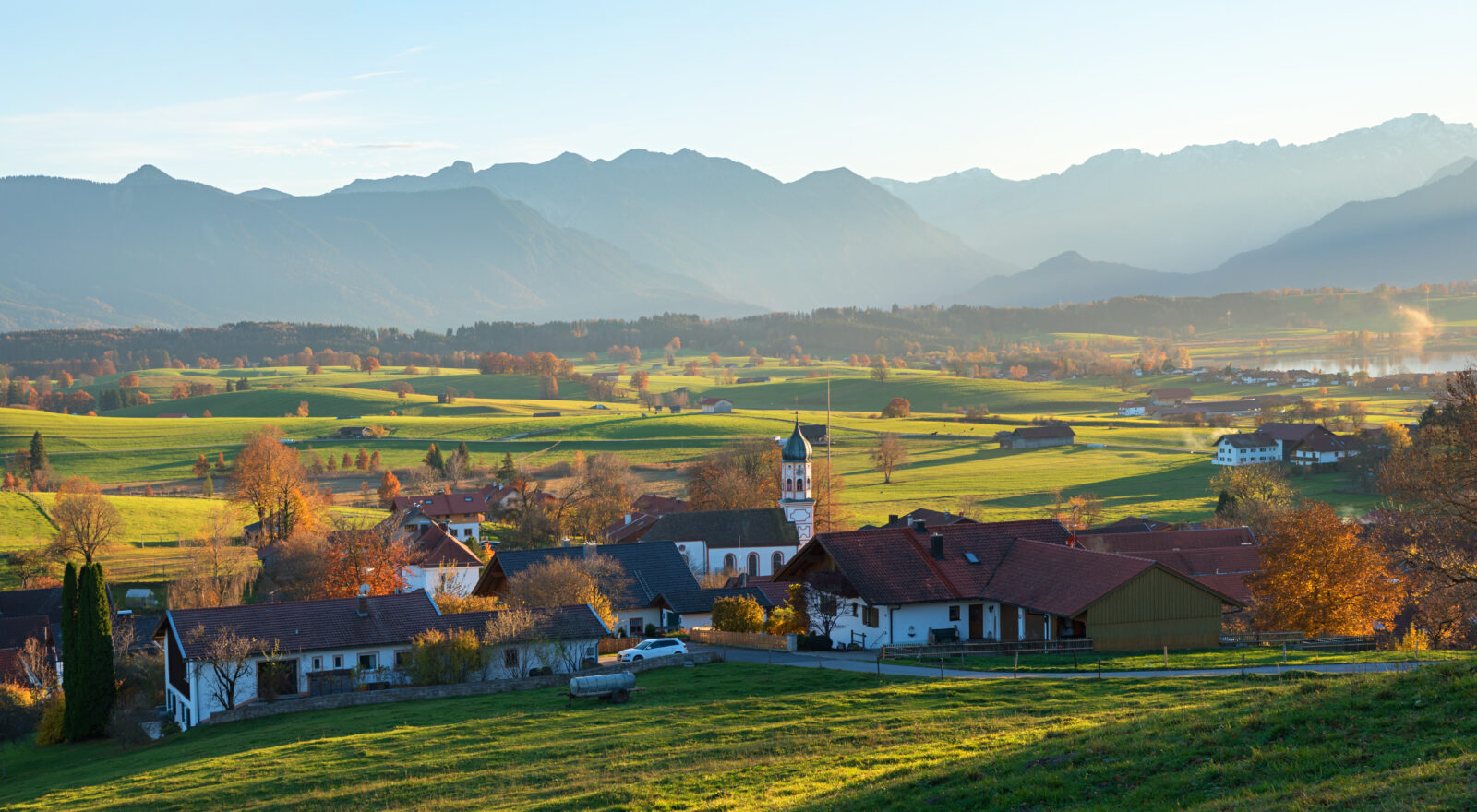The interdisciplinarity of environmental history
We open the FBK Dictionary column with this article on environmental history, an innovative line of research that is very active at FBK-ISIG.
“Humans did so in the Pleistocene by helping to drive hundreds of species of large mammals to extinction. They did so in the mid-Holocene by clearing forests for farming. Although we do not do so, it is possible to define the Anthropocene so that it begins with any of these activities.”
John R. McNeill, The Great Acceleration: An Environmental History of the Anthropocene since 1945
If one hears about environmental history for the first time, perhaps one will not feel a sense of surprise: it does not seem strange to think that the environment in which we live has changed over time in relation to the way we humans have related to it. Such a field of study thus seems perfectly legitimate: yet the two terms, from an academic point of view, seem to belong to different domains. History is seen as the exclusive preserve of historians and other humanities scholars, while the environment appears to be a prerogative domain of the natural sciences and their applications, from paleobotany to environmental engineering.
What brings together two fields so intuitively connected but academically (seemingly) separate is environmental history, a strand of research that has recently become part of scientific interests at FBK’s ISIG research center as well.
Environmental history as a field of study
Environmental history refers to the history of the mutual relations between human beings and nature. Different types of expertise, differing in methods, data, and sources, merge in this field of study: statistics from geologists, climatologists, meteorologists, and other experts provide information about human activities, allowing their direct impact on the environment to be measured; these same activities, whether they result from an intentional action on nature, or have an indirect effect on it, must later be analyzed from a historical perspective.
The scope of application is also quite broad. Environmental history is not only the history of environmental impact, but also the history of humankind’s adaptation to the environment in which they live: how have we responded in the past to natural disasters? How have we coped with the weather of hostile environments? How did past societies balance the need to preserve environmental resources with the economic interests associated with their exploitation?
At the same time, environmental history is also the history of environmental policies, understood as the history of the actions that humans consciously take to regulate their relationship with nature: soil conservation, pollution control, and social struggles over the exploitation of resources are just some of the possible topics of investigation.
It is no coincidence that this tradition is particularly alive in Germany, a very environment friendly country: the various strands of research in environmental history are linked to the particular relationship with nature that each country has had throughout its history. Thus for an American historian, the gaze will be on nature conceived as wilderness to be discovered and conquered, in assonance with the myth of the frontier (the old Far West); for a European historian, who studies the Old Continent already partially urbanized at the end of the Middle Ages, the interest will be directed, for example, at those instruments created to “safeguard” the environment for the strategic interests of States and communities. As an example, there are numerous documents dating back to the 1500s and 1600s from which a new sensitivity to nature emerges. We can see that from the reports and maps prepared by the authorities, in which the forests and the different species of trees are carefully described, or the forest regulations issued by local lords to limit logging in which there is information about the species of animals that lived in the forests and the rivers used for transportation to the plains.
Birth of environmental history
Going to the origins of this field of study, the starting point was traced by John R. McNeill, the dean of environmental history, and his book titled The Great Acceleration: An Environmental History of the Anthropocene since 1945. The debate over the Anthropocene and Great Acceleration originated in the field of geology and soon involved history and other humanities. These terms refer to the sudden and rapid human capacity to impact the global ecosystem, in a proportion that rivals the great changes of geological eras: scholars have begun to speak of the Anthropocene, a geological era subsequent to the Holocene in which we (conventionally) live. Debates about periodization are still heated, however: some would start the Great Acceleration with the Industrial Revolution, and some would date the beginning of the Anthropocene even to the appearance of Homo sapiens.
FBK and environmental history
At ISIG, this area of research took shape with a major scientific event in 2021, when the 62nd Study Week was held, the proceedings of which were recently published in the center’s series “Environment and Infrastructure from the Early Modern Period to the Present. Challenges, Knowledge and Innovation, “edited by Katia Occhi and Giacomo Bonan. The Week investigated the history of infrastructure, analyzed from multiple methodological and thematic perspectives, with a broad periodization to identify the undeniable changes caused by industrialization and the persistence of pre-existing dynamics in the pre-industrial era. The two editors had introduced the topic a year earlier, however, in a 2020 issue of the Institute’s Annali entitled ” “ Storia ambientale: nuovi approcci e prospettive di ricerca” (Environmental History: New Approaches and Research Perspectives).
Actually, the strand of environmental history will be further explored with the start of the new doctoral program in Alpine environmental history, co-funded by the University of Turin also thanks to PNRR funds. Environment – we know it well – is a very hot topic nowadays, and even Europe has realized the indispensability of a historical perspective: “understanding yesterday to design tomorrow” and “historia magistra vitae” are not mere rhetorical statements, but everyday realities of modern research.

